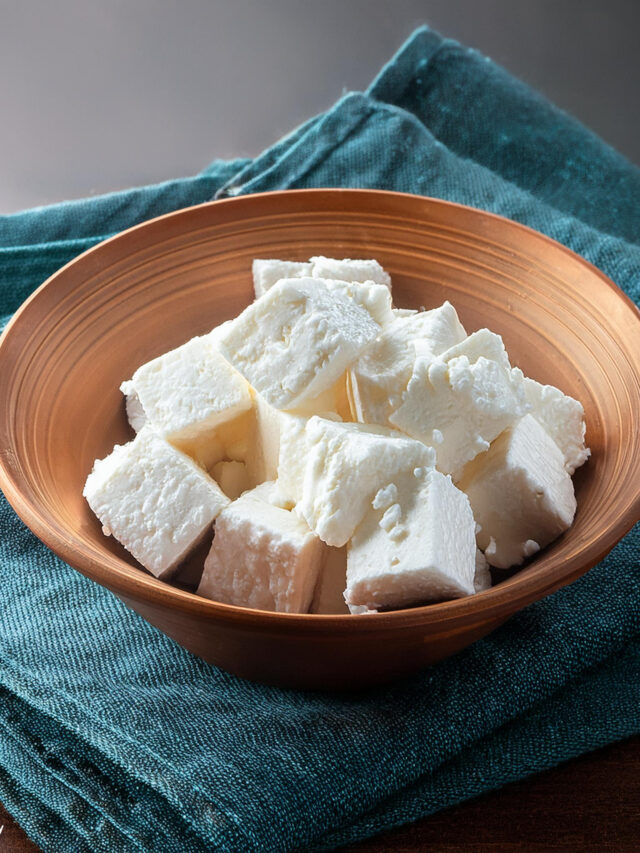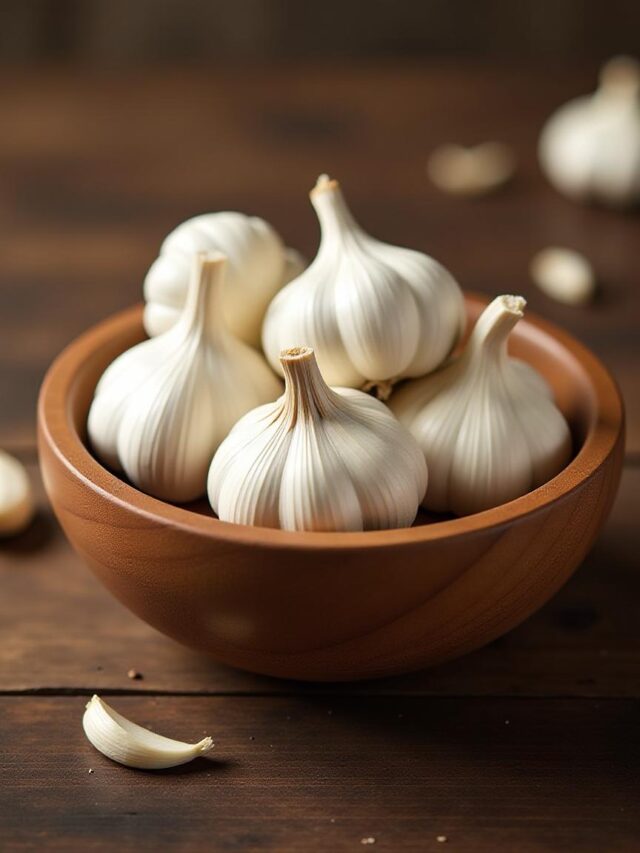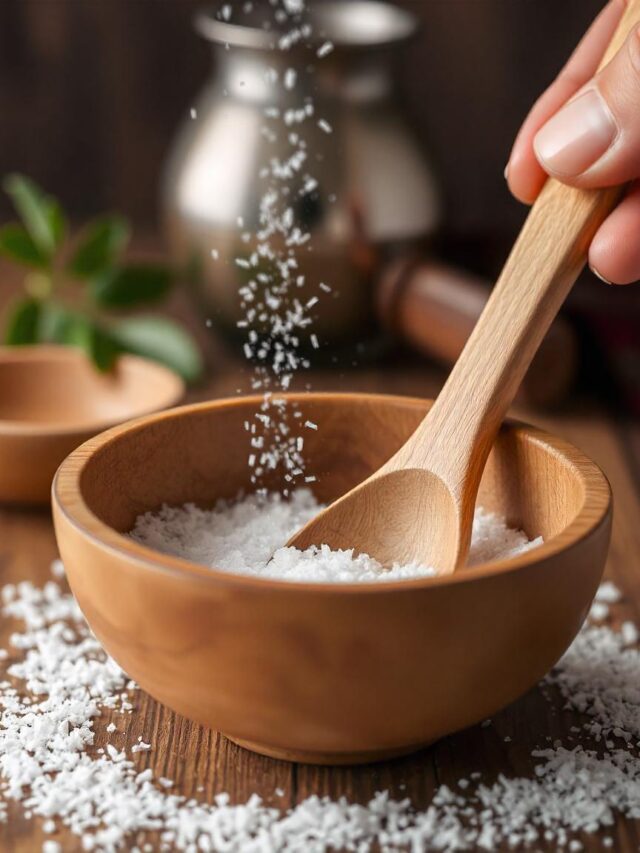Make Home Made Healthy Mayonnaise

Disadvantages of Factories Made Mayonnaise :-
Factory-made mayonnaise is a convenient staple found in many households, used in everything from sandwiches to salads. While it offers the ease of having a ready-to-use condiment, there are several downsides to relying on store-bought mayonnaise. Understanding these disadvantages can help you make healthier and more informed choices about what you consume.
Loaded with Preservatives
One of the major drawbacks of factory-made mayonnaise is the presence of preservatives. In order to extend shelf life and maintain texture, manufacturers often add chemical preservatives like sodium benzoate, calcium disodium EDTA, and potassium sorbate. While these additives prevent spoilage, they may not be the best for your health. Over time, consuming foods high in preservatives can contribute to inflammation and may have negative long-term effects on your digestive and overall health.
High in Unhealthy Fats
Factory-made mayonnaise is typically high in fats, particularly saturated fats and processed oils, which are not the healthiest options. Most commercial varieties use cheaper oils like soybean or canola oil, which undergo extensive processing. These oils are often high in omega-6 fatty acids, and when consumed in excess, they can lead to an imbalance in the body’s omega-3 to omega-6 ratio, increasing the risk of chronic inflammation. This type of inflammation is linked to heart disease, obesity, and other health conditions.
Contains Artificial Ingredients
In addition to preservatives, factory-made mayonnaise can contain artificial flavors, colors, and stabilizers. These ingredients are used to enhance taste, appearance, and texture, but they come with their own set of health concerns. Artificial additives are often linked to allergic reactions, digestive problems, and in some cases, behavioral issues. For those who prefer clean eating or avoiding synthetic ingredients, factory-made mayonnaise may not align with their dietary preferences.
High Sodium Content
Another concern with factory-made mayonnaise is its high sodium content. A single tablespoon of commercial mayonnaise can contain 70 to 100 milligrams of sodium. While this might not seem significant on its own, the problem arises when mayonnaise is used liberally in dishes like sandwiches, dips, or salads. For individuals trying to manage their sodium intake, factory-made mayonnaise can be a hidden contributor to excess salt consumption.
Low Nutritional Value
Despite its creamy texture and rich flavor, factory-made mayonnaise provides very little nutritional value. It’s essentially a high-calorie, high-fat product that offers little to no vitamins, minerals, fiber, or protein. The majority of its calories come from unhealthy fats and empty calories, making it more of a flavor enhancer than a nutritious food. For people who are conscious of what they eat, relying on factory-made mayonnaise can be counterproductive to achieving a balanced and healthful diet.
How You Make Home Made Healthy Mayonnaise
1.Cashew (Kaju)

Cashews are not only a delicious snack but also packed with nutrients that offer numerous health benefits. These kidney-shaped nuts are loaded with healthy fats, protein, vitamins, and minerals, making them an excellent addition to a balanced diet.
Rich in Healthy Fats
Cashews are a great source of heart-healthy fats, particularly unsaturated fats. These fats are known to help lower bad cholesterol (LDL) levels, reducing the risk of heart disease. Unlike foods high in saturated fats, cashews can promote cardiovascular health when eaten in moderation.
High in Protein
For those looking to boost their protein intake, cashews are a great plant-based option. A small handful of cashews provides a decent amount of protein, helping to repair and build muscles, support immune function, and keep you feeling full for longer.
Packed with Vitamins and Minerals
Cashews are rich in essential nutrients like magnesium, copper, and phosphorus. Magnesium is crucial for muscle function, bone health, and maintaining healthy blood pressure. Copper plays a role in maintaining strong bones and supporting the immune system, while phosphorus is important for energy production and bone health.
Supports Weight Management
Despite their high fat content, cashews can actually support weight management. The combination of healthy fats, protein, and fiber helps control hunger and prevent overeating. They are a nutrient-dense snack that can satisfy cravings without leading to weight gain when consumed in moderation.
In conclusion, cashews are a nutritious snack that promotes heart health, provides essential nutrients, and supports muscle and bone health. Incorporating them into your diet can offer a range of benefits, making them a smart and tasty choice.
2.Indian Cottage Cheese (Paneer)

Indian cottage cheese, commonly known as paneer, is a versatile and nutrient-rich food that offers numerous health benefits. Whether eaten as part of a meal or as a snack, paneer is loved for its creamy texture and high nutritional value.
High in Protein
Paneer is an excellent source of protein, making it especially beneficial for vegetarians. A rich protein content helps in muscle building and repair, making paneer an ideal food for those involved in physical activities or looking to maintain muscle mass. It also helps in keeping you fuller for longer, which can be helpful in managing hunger and weight.
Rich in Calcium
Paneer is loaded with calcium, which is essential for maintaining strong bones and teeth. Regular consumption of paneer can contribute to bone health, particularly in children, the elderly, and women who are at risk of developing osteoporosis. Calcium is also important for proper heart function and nerve signaling.
Aids in Weight Management
Despite being rich in fats, paneer is low in carbohydrates, making it a good option for people on low-carb or ketogenic diets. The healthy fats in paneer help in controlling appetite and providing long-lasting energy. The high protein content further supports weight management by preventing overeating.
Boosts Digestion
Paneer is a good source of casein protein, which digests slowly and releases amino acids over time. This slow digestion aids in keeping the digestive system healthy and promotes a feeling of satiety. Paneer also contains probiotics, which can improve gut health and boost the immune system.
In conclusion, Indian cottage cheese is a powerhouse of protein, calcium, and healthy fats. Including it in your diet can support muscle growth, strengthen bones, and aid in weight management, making it a highly nutritious food option.
3.Garlic (lasun)

Garlic, often hailed as a superfood, is a common kitchen ingredient with powerful health benefits. Known for its pungent aroma and strong flavor, garlic has been used for centuries, not only to enhance dishes but also as a remedy for various health conditions.
Boosts Immunity
Garlic is packed with antioxidants and compounds like allicin that help boost the immune system. Regular consumption of garlic can help protect against common colds, flu, and other infections. Its antimicrobial and antiviral properties make it a natural defense against pathogens.
Heart Health
One of the most notable benefits of garlic is its positive impact on heart health. Garlic has been shown to help reduce cholesterol levels, particularly LDL or “bad” cholesterol. It also helps in regulating blood pressure, as the sulfur compounds in garlic promote the relaxation of blood vessels. Regular intake of garlic can reduce the risk of heart diseases such as hypertension and atherosclerosis.
Anti-Inflammatory Properties
Garlic has strong anti-inflammatory properties that can help reduce inflammation in the body. This makes it beneficial for individuals suffering from conditions like arthritis, as it can help ease joint pain and stiffness.
Supports Digestion
Garlic can stimulate the production of digestive enzymes, promoting better digestion. It also has prebiotic properties, which support the growth of beneficial gut bacteria, contributing to overall gut health and improving nutrient absorption.
Rich in Antioxidants
The antioxidants in garlic help fight free radicals, which can lead to cell damage and aging. By neutralizing these free radicals, garlic supports healthier skin, a stronger immune system, and may even reduce the risk of chronic diseases like cancer.
In conclusion, garlic is a small but mighty ingredient with impressive health benefits, including boosting immunity, supporting heart health, and improving digestion. Adding garlic to your meals is an easy way to enhance both flavor and well-being.
4.Black Pepper (kali mirch)

Black pepper, often called the “king of spices,” is a common seasoning that adds flavor and heat to dishes. However, beyond its culinary use, black pepper has a wide range of health benefits that make it a valuable addition to your diet.
Rich in Antioxidants
Black pepper is packed with antioxidants, which help protect your body from the damaging effects of free radicals. Free radicals are unstable molecules that can cause oxidative stress, leading to premature aging and the development of chronic diseases. Including black pepper in your diet can help combat these effects and support overall health.
Enhances Digestion
One of the key benefits of black pepper is its ability to improve digestion. The compound piperine, found in black pepper, stimulates the production of digestive enzymes, which aids in breaking down food more efficiently. This not only helps prevent digestive issues like bloating and indigestion but also promotes better absorption of nutrients.
Boosts Metabolism
Piperine in black pepper also has metabolism-boosting properties. It stimulates the breakdown of fat cells and increases energy expenditure, making it a natural way to support weight loss efforts. Adding black pepper to your meals can help enhance your body’s ability to burn calories more efficiently.
Improves Nutrient Absorption
Another impressive benefit of black pepper is its ability to improve the absorption of nutrients. Piperine enhances the bioavailability of vitamins and minerals, meaning your body can absorb more from the foods you eat. This is particularly helpful for nutrients like vitamin B12, curcumin, and selenium.
In conclusion, black pepper is more than just a seasoning; it’s a health-boosting spice rich in antioxidants, digestive benefits, and metabolism support. Including it in your daily diet can enhance your overall well-being while adding flavor to your food.
5.Salt (Namak) According to your taste

Salt, a common kitchen staple, plays an essential role in both culinary practices and maintaining overall health. While it’s often cautioned against in excess, moderate consumption of salt provides numerous benefits to the human body.
Essential for Electrolyte Balance
Salt, primarily made up of sodium and chloride, is vital for maintaining electrolyte balance in the body. Electrolytes help regulate the amount of water in your body and ensure proper nerve and muscle function. Sodium is particularly important for maintaining the fluid balance that helps cells function efficiently.
Supports Nerve and Muscle Function
Sodium, one of the main components of salt, is crucial for proper nerve signaling. It enables the transmission of impulses between nerves, which is essential for muscle contractions. This is why athletes and people engaging in strenuous activities often need to replenish their salt levels to maintain muscle function and avoid cramps.
Aids in Digestion
Salt plays a key role in digestion by stimulating the production of digestive enzymes and saliva. This makes it easier for your body to break down food and absorb nutrients efficiently. Without enough salt, the digestive process may slow down, leading to discomfort and poor nutrient absorption.
Regulates Blood Pressure
Although excessive salt intake is linked to high blood pressure, the right amount of salt helps maintain proper blood pressure levels. Sodium assists in balancing fluid levels in the body, which in turn affects blood pressure. Proper hydration and salt balance are key to keeping blood pressure in check.
In conclusion, while it’s important to consume salt in moderation, its benefits include maintaining electrolyte balance, supporting nerve and muscle function, aiding digestion, and regulating blood pressure. Salt is a necessary nutrient that plays an integral role in overall health.
6.One Glass Water

7.Mix All Ingredients in Mixer
8.And your Home Made Healthy Mayonnaise Ready
Benefits of Homemade Mayonnaise Using Cashew, Paneer, Garlic, Black Pepper, and Salt
Homemade mayonnaise made with cashew, paneer, garlic, black pepper, and salt is not only a flavorful alternative to store-bought options, but it also offers numerous health benefits due to its nutrient-rich ingredients.
Rich in Healthy Fats and Protein
Cashews and paneer provide a perfect balance of healthy fats and high-quality protein in this homemade mayonnaise. Cashews are packed with heart-healthy fats that help lower bad cholesterol levels, while paneer adds a good dose of protein, supporting muscle growth and repair. This combination makes the mayonnaise both creamy and nutritious, unlike the processed fats found in traditional versions.
Boosts Immunity
Garlic, a key ingredient, is well-known for its immune-boosting properties. The allicin in garlic helps the body fight off infections and enhances overall immunity. Regular consumption of garlic can also support heart health by helping reduce blood pressure and cholesterol levels.
Supports Digestion and Metabolism
Black pepper, with its active compound piperine, aids digestion by stimulating the release of digestive enzymes. It also enhances nutrient absorption, ensuring that your body makes the most of the vitamins and minerals in your diet. Together with salt, which promotes electrolyte balance and hydration, this mayonnaise supports a healthy digestive system.
Low in Additives
Unlike store-bought mayonnaise, this homemade version is free from preservatives and artificial additives. Using fresh ingredients ensures that you’re consuming a wholesome, natural condiment.
In summary, homemade mayonnaise using cashew, paneer, garlic, black pepper, and salt is a delicious and nutrient-packed alternative to commercial varieties. It promotes heart health, boosts immunity, supports digestion, and offers a clean, additive-free option for your meals.